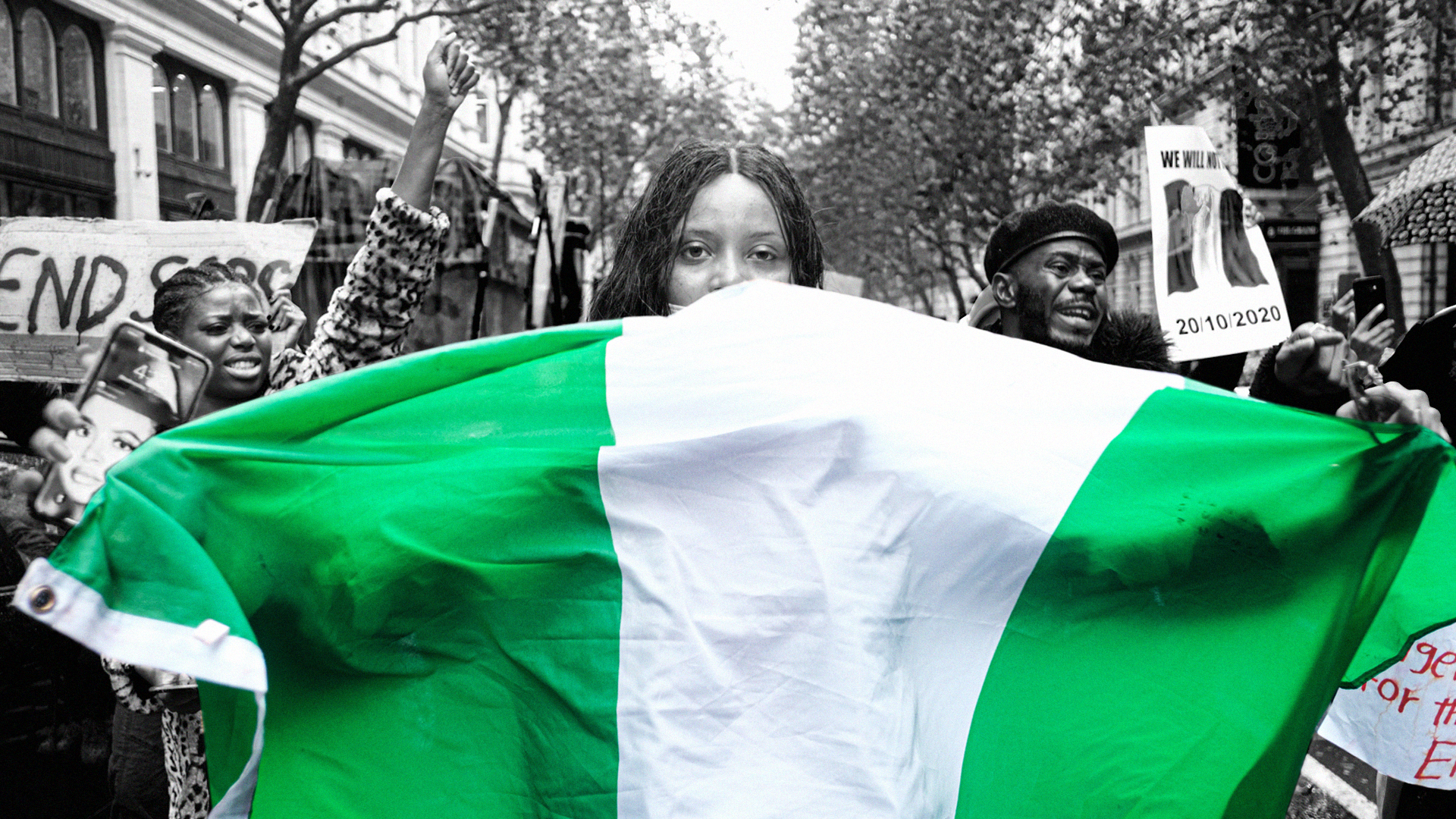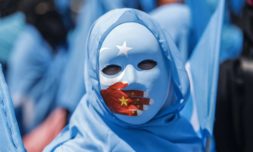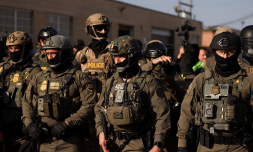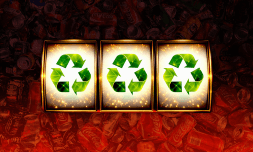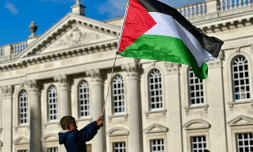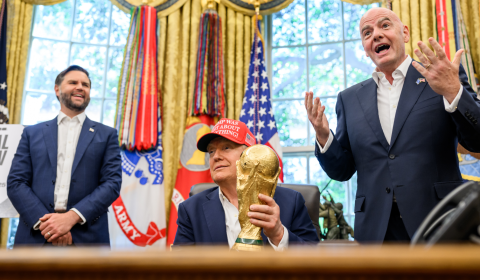#EndSARS is fast becoming the biggest change movement for young activists in Nigeria’s history. Here’s how you can help.
While fights to end police brutality within the US have grabbed headlines consistently throughout 2020, Nigeria’s #EndSARS movement had been bubbling under the surface years before the heinous shootings that shocked the world this week.
Going viral for the first time in 2017, #EndSARS appeared on Twitter following a series of disturbing threads detailing first-hand accounts of oppression and extreme force dolled out by a division of Nigeria’s police force, the Special Anti-Robbery Squad (SARS).
First established in the 1990s as an anonymous, elite crime unit of 15 officers whose official mandate was to combat armed theft, SARS has since devolved into an oppressive outfit associated with the financial exploitation, abduction, assault, and even murder of innocent citizens.
The government attempted to placate those being oppressed with empty promises of disbanding SARS for years, but it has taken needless suffering, huge loss of life, and massive outside intervention to finally achieve that goal this month.
#EndSARS
2015—SARS will be reformed
2016—SARS will be restructured
2017—SARS will be reorganized
2018—SARS will be reformed
2019—SARS will be disbanded
2020—SARS killed more Nigerians.— Amnesty International Nigeria (@AmnestyNigeria) October 20, 2020
Anti-brutality protests intensified in early October after a video circulated on social media showing a man being severely beaten by SARS officers, but disgracefully, the degree of violence was to reach a whole new level.
Strict 24-hour curfews in cities all across the country weren’t enough to contain the outrage of Nigerians who took to the streets in their thousands demonstrating against the police and demanding accountability from President Muhammadu Buhari. The sickening retort of government forces was to open fire on crowds of protestors, killing 38 people in Lagos alone according to Amnesty International.
Atrocious and frightening as the reports may be, the people of Nigeria continue to demand accountability from President Buhari, who, already facing the challenge of managing an economic slump made worse by COVID-19, has remained largely silent since protests reignited two weeks ago.
With a median age of 18, Nigeria is quite literally full of young changemakers who are utilising social media to maximise media attention while gathering vital resources to support protestors, such as food, water, masks, medical aid, and even independent security services.
Twitter in particular has united to give the movement some real momentum, with high profile names including Jack Dorsey (Twitter CEO), Beyonce, Rihanna, Lil Nas X, Quavo, John Boyega, and Anthony Joshua showing their solidarity for the movement and sharing valuable resources to donate to or get more informed on the subject.
In a display of public influence, TV broadcaster-turned-humanitarian Reno Omokri’s call to action saw more than 100,000 tweeters unfollow President Buhari in 24 hours.









